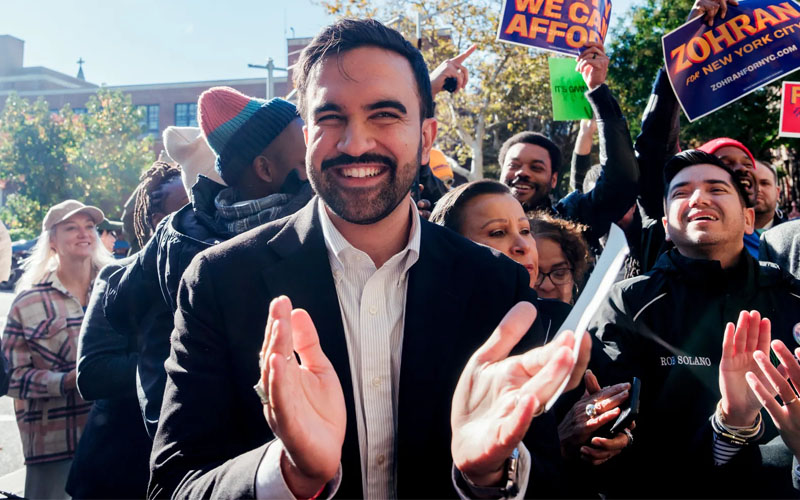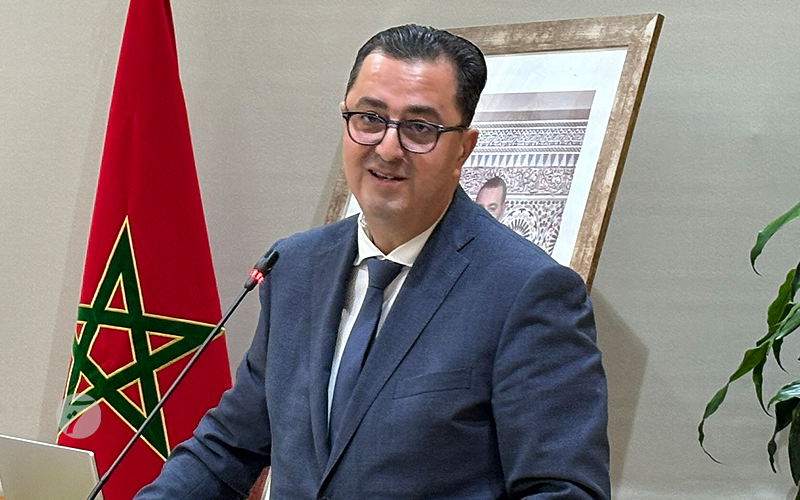The election results have awarded victory to the young Democratic Socialist candidate, Zahraan Mamdani, the new mayor who will take office starting January 2026, in New York City, often referred to as the “fortress of American liberalism” and a stronghold of free-market policies.
Mamdani, a local politician of Indian-Muslim descent, faced skepticism from opponents who deemed him inexperienced in handling city council affairs. However, he successfully won the race for the presidency of the New York City Council following a campaign characterized by coherence and strong messaging.
Observers note that this victory is significant as Mamdani was able to secure it against a seasoned political opponent, former New York Governor Andrew Cuomo, a centrist Democrat who enjoyed implicit support from the party’s establishment.
Many analysts believe that Mamdani’s win represents a renewal of the connection between the Democratic Party and its foundational principles, emphasizing the importance of the “political” contribution of the working class and the impact of socio-economic programs aimed at improving the livelihoods of Americans, particularly the most vulnerable groups.
### Zahraan’s Electoral Program
In his electoral agenda, the 34-year-old Muslim candidate pledged to ensure free transportation on buses, building on a pilot program he helped implement, which includes five lines of free buses in 2024. Mamdani also plans to establish municipal grocery stores to combat rising prices and provide free childcare services for children under five.
In his pursuit of the highest office in the most densely populated U.S. city, and after a campaign marked by accusations exchanged with his main opponent, Cuomo, as well as Republican candidate Curtis Sliwa, this young Muslim candidate adopted a message of “hope and the future,” which garnered significant support among youth and immigrant communities, particularly those of Latinx and Asian descent.
This voter demographic has been a vital electoral base for the Democratic Party in achieving victories, whether in presidential elections or during midterm cycles.
Observers note that Mamdani effectively capitalized on the “shortcomings” of the Democratic Party in recent years, which have caused discontent among a broad segment of voters who were once loyal supporters.
The election of Zahraan Mamdani represents a turning point, at least for the Democratic Party, which is now called to undergo a rigorous internal assessment in order to regroup and clarify the message directed at its voter base, in preparation for the 2026 midterms and the 2028 presidential elections.
Once the excitement of victory subsides, Mamdani will need to forge alliances to fulfill his campaign promises and tackle the numerous challenges facing New York, a city with a population of 8.5 million.
Source
















